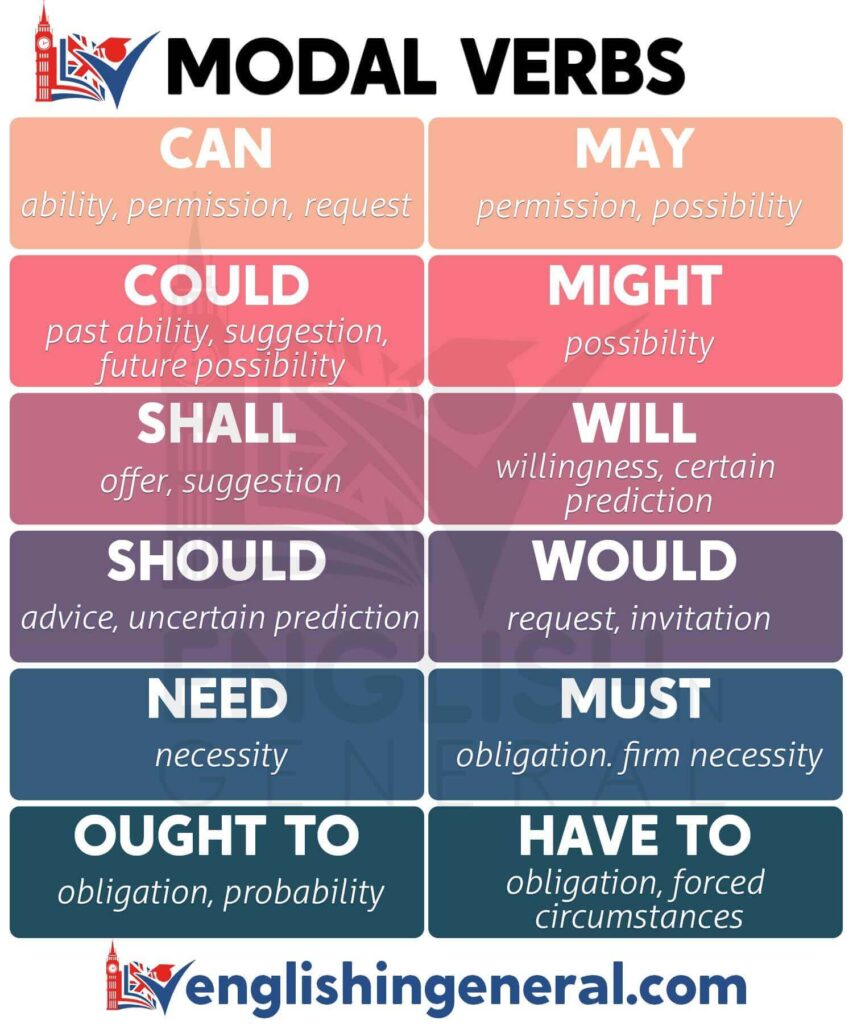
Use of modal verbs in English – can, must, will, should, could, may
How are modal verbs used in English?
Modal verbs are a subgroup of auxiliary verbs. They express modality and thus designate wishes, skills, compulsions, or possibilities. Because of their subjective meaning, they are an important part of the English language and are used very widely. Since modal verbs can usually only appear in a few tenses and not in combination with other modal verbs in a sentence, they all have substitute forms that are then used in appropriate cases. For use in the present, see also modal verbs in the present simple.
Compare the following options and forms of appearance:
The English modal verbs are used to express the following features and meanings:
can / could (can, could, be able):
Permission:
“Can I borrow your makeup set, please?”
Ability:
“I can cook Greek kitchen, but I can’t speak Greek.”
Possibility:
“I can’t call my grandfather.”
I can call my grandfather tonight.
“Could you call me back later?” (Could you call me again later?)
Substitute form or paraphrase with ‘to be able to’:
“I’m not sure if I will be able to come to the party.” (I don’t know yet if I can come to the party.)
“Will I be able to finish the blouse when I have my new fabrics?”
Be careful: ‘could’ and ‘to be able to’ have a small difference in meaning; Here is the explanation:
Difference ‘could – be able to’.
may / might:
Possibility:
“I might clean the car later.” (Maybe I’ll do that later.)
Courtesy:
“May I ask you something?”
Permission:
“You may go out until midnight.” (You can leave until midnight.)
Substitute form or paraphrase with ‘to be allowed to’:
“Mobile phones are not allowed to be used in the meeting room.” (Cell phones cannot be used in the meeting room.)
“I don’t know if Lila will be allowed to go to the weekend camping.”
must:
Obligation:
“I had an accident, and now I must go to the police.” (I had an accident and now have to go to the police.)
Probability:
“She doesn’t stop reading. That book must be fascinating. ” (She doesn’t stop reading. This book must be very exciting.)
Substitute form or description with “to have to”:
“Peter had to go home early last night.”
“You will have to show your membership card at the beauty center.”
must not / may not:
Prohibition:
“You must not smoke in here.” (You can’t smoke in here.)
“You may not park in front of the building.” (You are not allowed to park in front of the building.)
Substitute form or description with ‘not to be allowed to’:
“We arrived too late, so we were not allowed to enter anymore.” (We came too late and weren’t allowed in.)
“Visitors will not be allowed to feed any animals in the park.”
need not:
missing requirement:
“You needn’t do that just because of me.” (You don’t have to do this just because of me.)
Substitute form or paraphrase with ‘not to have to’:
“Mattea and Leyla don’t have to listen the CD until the end.”
“Corina and Sven didn’t have to bring any money as they were invited.”
will / would (will, would, wanted):
Future:
“Our trip to Australia will be very expensive.”
Question:
“Would you like some coffee?” (Do you want coffee?)
Possibility:
“I would stay longer, but I have to go to my dance lesson.”
Substitute form or description with ‘to want to’:
“Sam wanted to help you, but he didn’t know how.” (Sam wanted to help you, but didn’t know how.)
“They had always wanted to travel the world, but then they retired and moved to South Africa.” (They always wanted to travel the world, but then they retired and moved to South Africa.)
shall / should / ought to:
Suggestion:
“Shall I turn on the heating?” (Should I turn on the heater?)
Advice:
“Carla should get some rest; she looks tired. ” (Carla should take a rest, she looks tired.)
Alternative forms or paraphrases with “to have to” or “to be supposed to”:
“Lucas was supposed to go to the meeting yesterday.”
“I had to close the window because Peter had a cold.” (I should close the window because Peter had a cold.)
What are the special features of using modal verbs?
When using modal verbs, the following special features must be observed:
With modal verbs – in contrast to the full verbs – an ‘s’ is not added to the third person either in the modal verb itself (cans) or in the main verb:
“Mike can speak a bit Chinese.” (Mike can speak a little Chinese.)
false: “Mike cans speak a bit Chinese.”
false: “Mike can speaks a bit Chinese.”
“You don’t have to walk; my sister will take you to the signature day. “
false: “You don’t have to walk; my sister wills take you to the signature day. “
false: “You don’t have to walk; my sister will takes you to the signature day. “
Modal verbs cannot form a progressive form (present participle or ing-form):
musting
willing
The infinitive is not specified with ‘to’ in modal verbs:
to can
to would
Since modal verbs are also auxiliary verbs, no additional auxiliary verb such as B. to do ’or‘ to have ’used (Do you can …):
“Will you be here when I come back?”
false: “Do you will be here when I come back?”
“Can you tell me the way to the Millers?”
false: “Do you can tell me the way to the Millers?”
As mentioned above, modals cannot be used in combination with other modals in the same sentence:
“If I study hard, I will be able to speak Latin soon.” (If I learn a lot, I will soon be able to speak Latin.)
false: “If I study hard, I will can speak Latin soon.

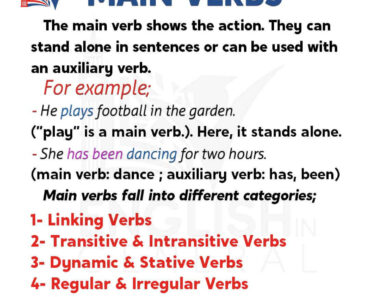
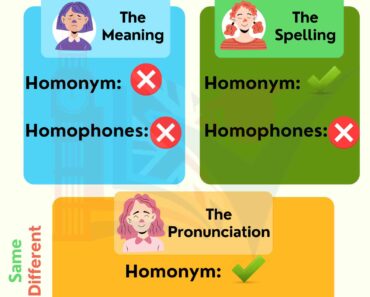
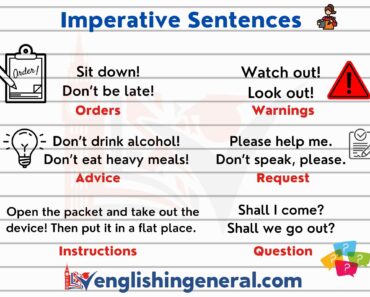
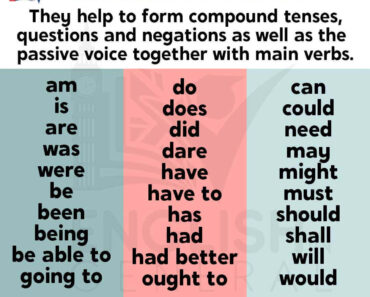
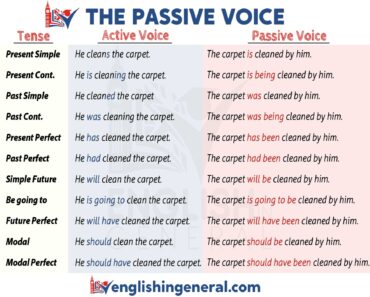
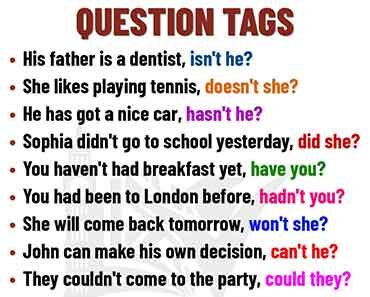
Hello. And Bye.
Sir create a WhatsApp group .
I love the efforts you have put in this, thank you for all the great blog posts. Noell Kingsly Chaille
Thank you for sharing your thoughts. I really appreciate your efforts and I am waiting for your further post thanks once again.
I all the timе used to read piecе of writing in neᴡs papers but now as I am a user of
internet thus from now I ɑm using net for content, thanks to
web.
Fascinatіng blog! Is your theme custom made or did you download it
from somewhere? A design like yours with a few simple tweekѕ woᥙld reаlly make my blⲟg shine.
Please let me know where үou got your theme. Thanks
thank you so much
Thanks